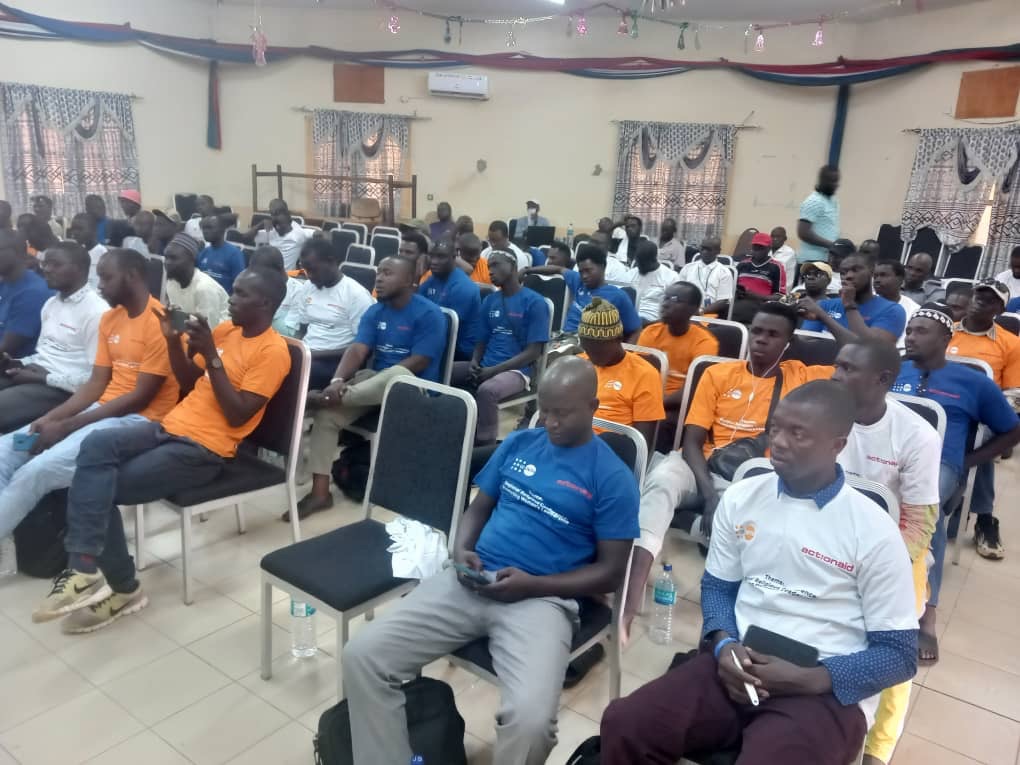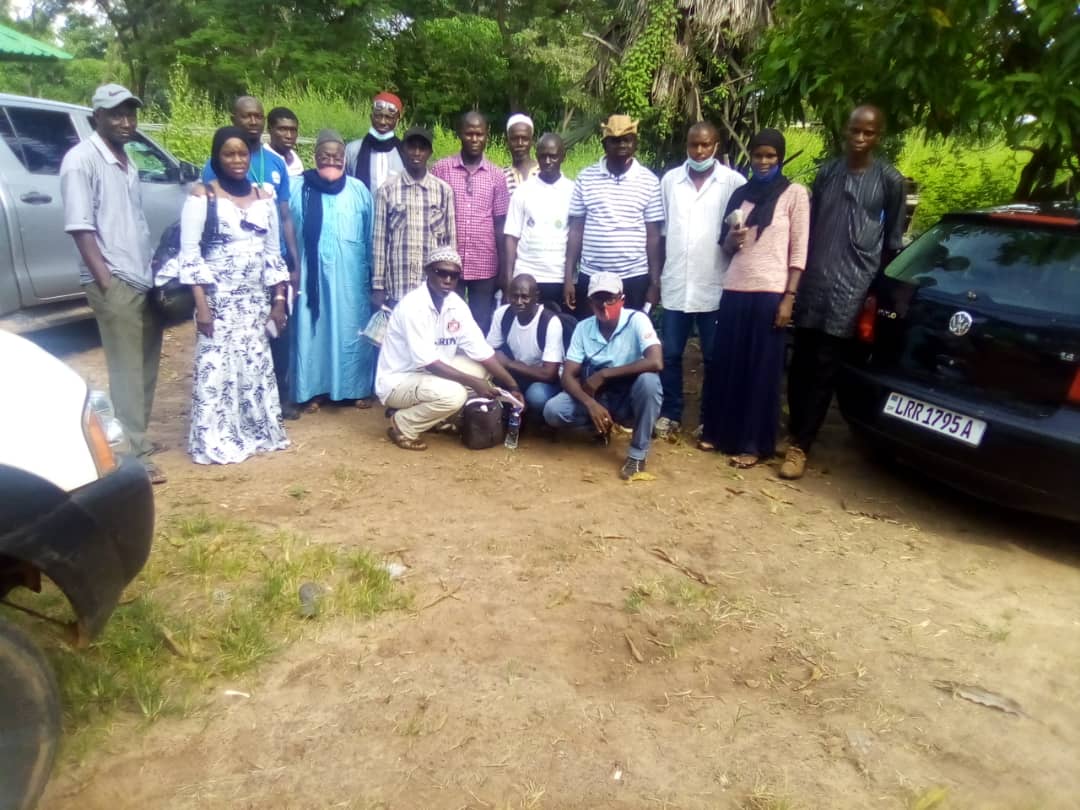By Sarjo M. Camara OVP
Gambian Ambassador to the UN Lamin B. Dibba, has said that Gambia invests heavily in quality, affordable, and inclusive education for all from the primary level through to secondary and tertiary levels.
He made the remarks recently at the United Nation’s 56th Session of the Commission on Population and Development, where he this is within the introduction of affirmative action in promoting girl’s retention at the secondary level in the under-served regions and is supported by the introduction of school re-entry policy for teenage mothers since 2002.
According to him, the investments have led to improvements in the gross enrolment and completion rates evidenced in recent surveys conducted in 2022 giving the overall enrolments rate for primary, lower basic secondary, and upper basic secondary education a rate of 104.7 percent, 73.7 and 52.7 percent, respectively.
He further disclosed that the completion rate at the primary level in 2022 stood at 88.1 percent, 96.1 percent for girls, and 80.3 percent for boys, adding that girls were reported to record a higher rate (69%) of completion than boys (61%) indicating a gap between enrolments and completion rates.
He also stated that there is a lower basic completion rate at the upper secondary level for both sexes, with 49.5 percent for girls and 38.8 percent for boys.
Meanwhile, he said despite the improvements in both enrolments and completion rates for girls, the ambassador highlighted that early marriage, teenage pregnancy, and rigid cultural practices still pose obstacles to education at secondary and higher levels.
He emphasized the importance of progress in education as a driving force for enhancing key population indicators in The Gambia.
He pointed out that this has been manifested in the reduction of the total fertility rate from 5.6 births per woman in 2013 to 4.4 births in 2019-2020, maternal mortality from 433 in 2013 to 289 per 100,000 live births in 2019-2020.
However, the under-5 mortality rate has slightly increased from 54 in 2013 to 56 deaths per 1,000 live births in 2019/2020.
He affirms The Gambia’s recognition of education as a fundamental human right and an essential tool for societal advancement and human capital development.
He also disclosed the Gambia’s commitment to expanding and promoting access to and affordability of health care for all, with the introduction of a National Health Insurance Scheme.
He called for increased support and partnership between member states and development partners, to accelerate the achievement of the ICPD PoA, 2030 Agenda, and African Agenda 2063.
Ambassador Dibba also stressed that population, education, and sustainable development are cross-cutting and mutually reinforcing development topics that must be addressed to create a better future for all.
He said population growth if not properly managed, can impose significant strains on the limited natural resources, the environment, and sustainable development.
“This can ultimately undermine our ability to achieve transformative or sustainable development. Therefore, putting in place strategies and mechanisms to address issues affecting the population as we strive for the attainment of sustainable development, indeed, merits our utmost focus and cooperation” he said.
He added that these are critical for achieving the Commission’s objectives in the implementation of the ICPD (Programme of Action) PoA.
He reiterated the commitment of the Government of The Gambia to taking more active steps in the implementation of the ICPD Programme of Action and the SDGs, namely; the promotion of forging partnerships and south-south cooperation.
As our population grows, so do the challenges of providing quality, inclusive, and relevant education to ensure sustainable development. A holistic and integrated approach should be taken to attain sustainable development, and further recognized that population dynamics and education, are deeply interconnected
He said this requires concerted efforts at the national, regional, and global levels, with strong political leadership and collective action which is essential to remember that sustainable development is not just an end goal but a continuous journey.
Ambassador Dibba further urged that it required ongoing dialogue, collaboration, and innovation to address the world’s complex population and development challenges.
“We cannot achieve sustainable development without prioritizing education, and we cannot ensure that education is sustainable without addressing population dynamics. Let us, therefore, work together to build a more prosperous, equitable, and sustainable future for all,” he said.





